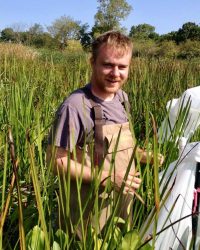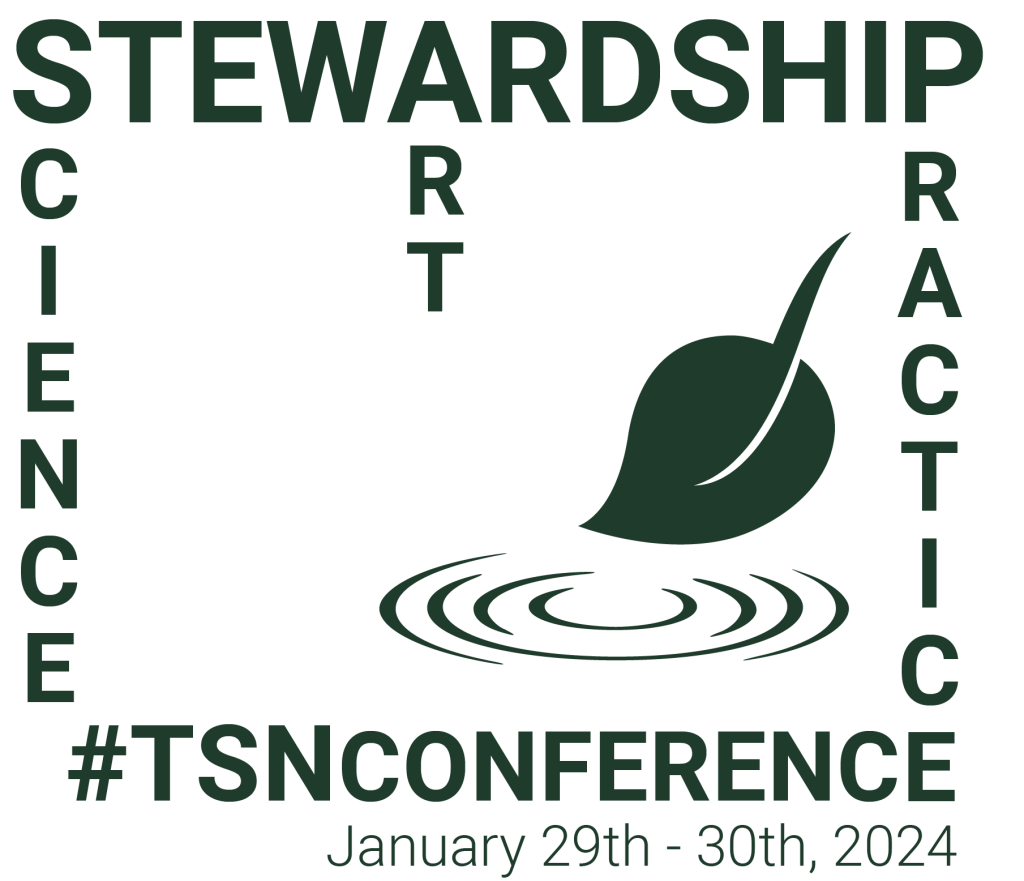Freshwater salinization syndrome is a problem facing many aquatic ecosystems. Where deicers are used, urban streams have greater concentrations of chloride, which is readily dissolved and is toxic to many freshwater organisms. Fungi and bacteria are both important decomposers in freshwater systems. We conducted an experiment to determine how road salts affect stream decomposition rates and how much of decomposition is due to fungi and how much is due to bacteria. We incubated cotton strips in a rural and an urban stream to collect biofilm and then applied four different treatments, including: control, high salt, fungicide, and high salt with fungicide. After three weeks of additional incubation in their respective treatments we measured decomposition using cotton strip assays and functional profiles using Ecoplates. There was a significant difference in decomposition rates among the treatments in the respective streams. In the rural stream, both salt and removal of fungi reduced decomposition rates. The biofilms from the urban stream were less affected by fungicide and salt than the biofilms from the rural stream, suggesting that bacteria likely plays a greater role than fungi in decomposition in that urban stream.
How do road salts affect freshwater ecosystem services?
Presenters
 Caleb Willette
Caleb WilletteEastern Michigan University
Caleb Willette, a veteran of the U.S. Army, will be graduating spring 2020 from Eastern Michigan University (EMU) with a Bachelor of Science in Ecology, Organismal Diversity & Evolution. His research focuses on how freshwater salinization presents itself in the local environment. Caleb recently presented research titled, Road Salt Pollution Decreased Decomposition of Biofilms from Local Streams at EMU’s 2019 Winter Symposium. Caleb plans to study fresh water eco systems in graduate school.  Kristin Judd
Kristin Judd
Eastern Michigan University
 Kristin Judd
Kristin JuddEastern Michigan University
Kristi is a Biology professor at Eastern Michigan University. Her research program focuses on the effects of various anthropogenic stressors (e.g., invasive species, climate change, pollutants) on ecosystem processes related to carbon and nutrient cycling.

